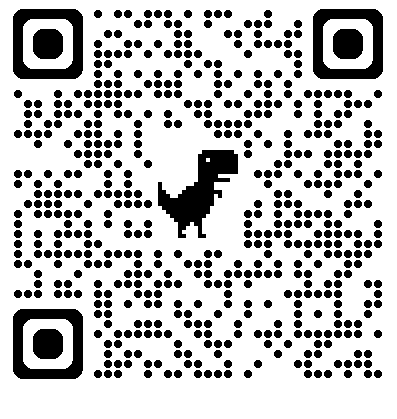Digital Spaces for Open Educational Practices at TRU

Introduction
Though there is not one overarching definition of OEP, aspects such as participation and learner empowerment, use of open licensing to support knowledge creation and inclusion of multiple voices and perspectives, pedagogical practices employing participatory technologies and social networks for collaboration and interaction are highlighted (Hegarty, 2015; Lambert, 2018; Paskevicius, 2017).
Islands of OER
OERs are used, adapted and/or created in pockets of the organization. Institutional support may be lacking.
OER Strategy
OERs become part of organization planning and supports/policies emerge. OER is valued as part of pedagogical approach (through open pedagogy (OP)).
Open Educational Practices (OEP)
OERs become an integral part of planning/policy at institutional level. Learning through open pedagogical approaches, support for open platforms, open science and open publishing is valued and knowledge creation/collaboration is supported.
Ehlers, U. & Conole, G. (2010). Open Educational Practices: Unleashing the power of OER. UNESCO Workshop on OER, Namibia. 10.13140/RG.2.2.23487.30883.


